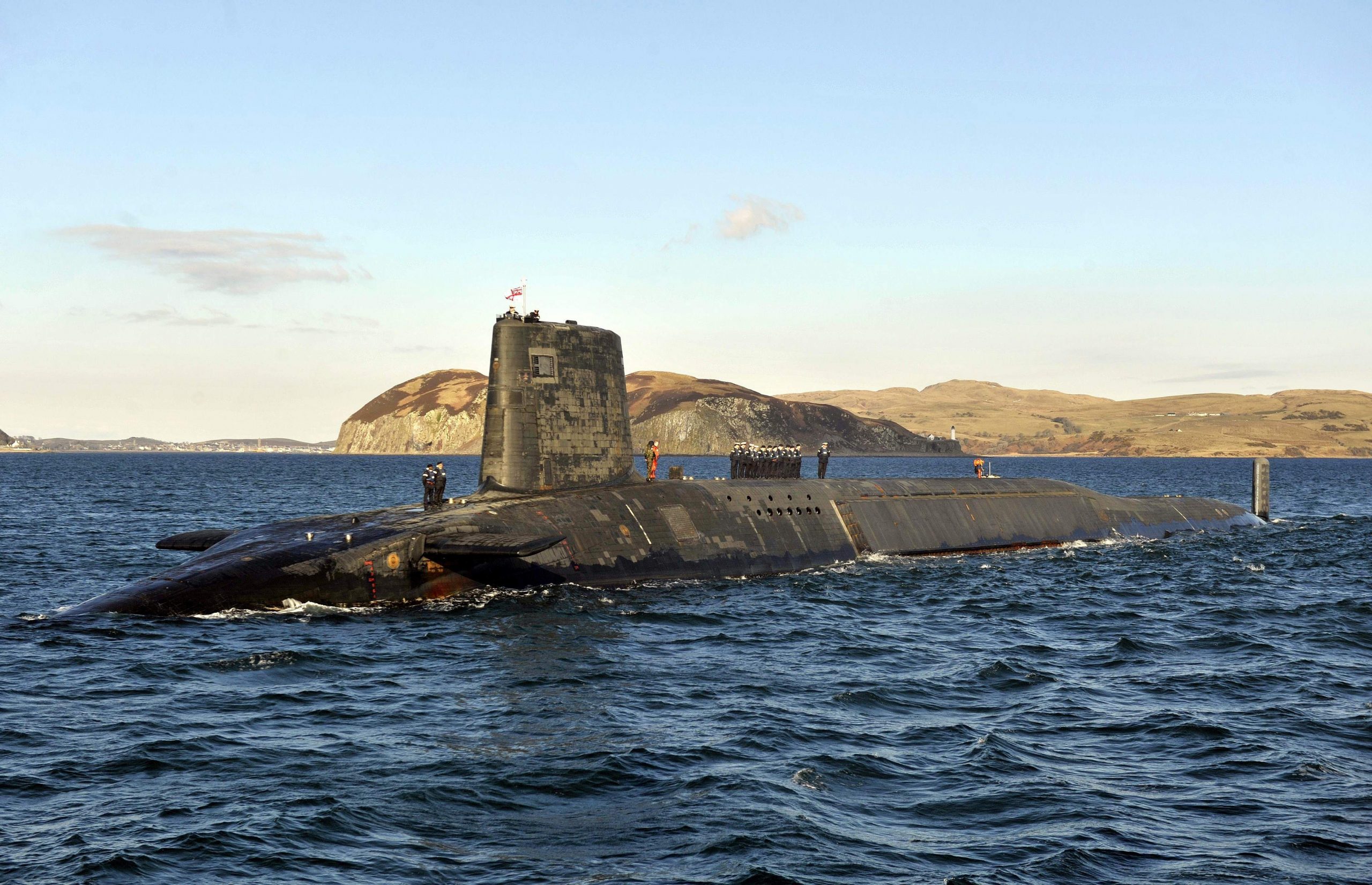
Even those in Labour most hostile to Ken Livingstone’s appointment as co-convenor of Labour’s defence review are stunned by the speed with which he ran into trouble. After much resistance, Livingstone apologised this afternoon to shadow defence minister Kevan Jones, who has suffered depression, for declaring that “he might need some psychiatric help” and that “he should pop off and see his GP”. Jeremy Corbyn, who one shadow cabinet minister told me was “absolutely furious”, had ordered his ally to “apologise to him straight away”.
But the original controversy over Livingstone’s new role will endure. MPs were stunned by the appointment of the Trident opponent when I tweeted the news last night. John Woodcock, the MP for Barrow and Furness, where the new nuclear submarines are due to be built, and the chair of the Parliamentary Labour Party defence committee, commented: “Every new day I think we have much reached the summit, but no: there always remains a fresh provocative absurdity.” In the remarks that prompted Livingstone’s attack, Jones said: “I’m not sure Ken knows anything about defence. It will only damage our credibility amongst those that do and who care about defence”.



